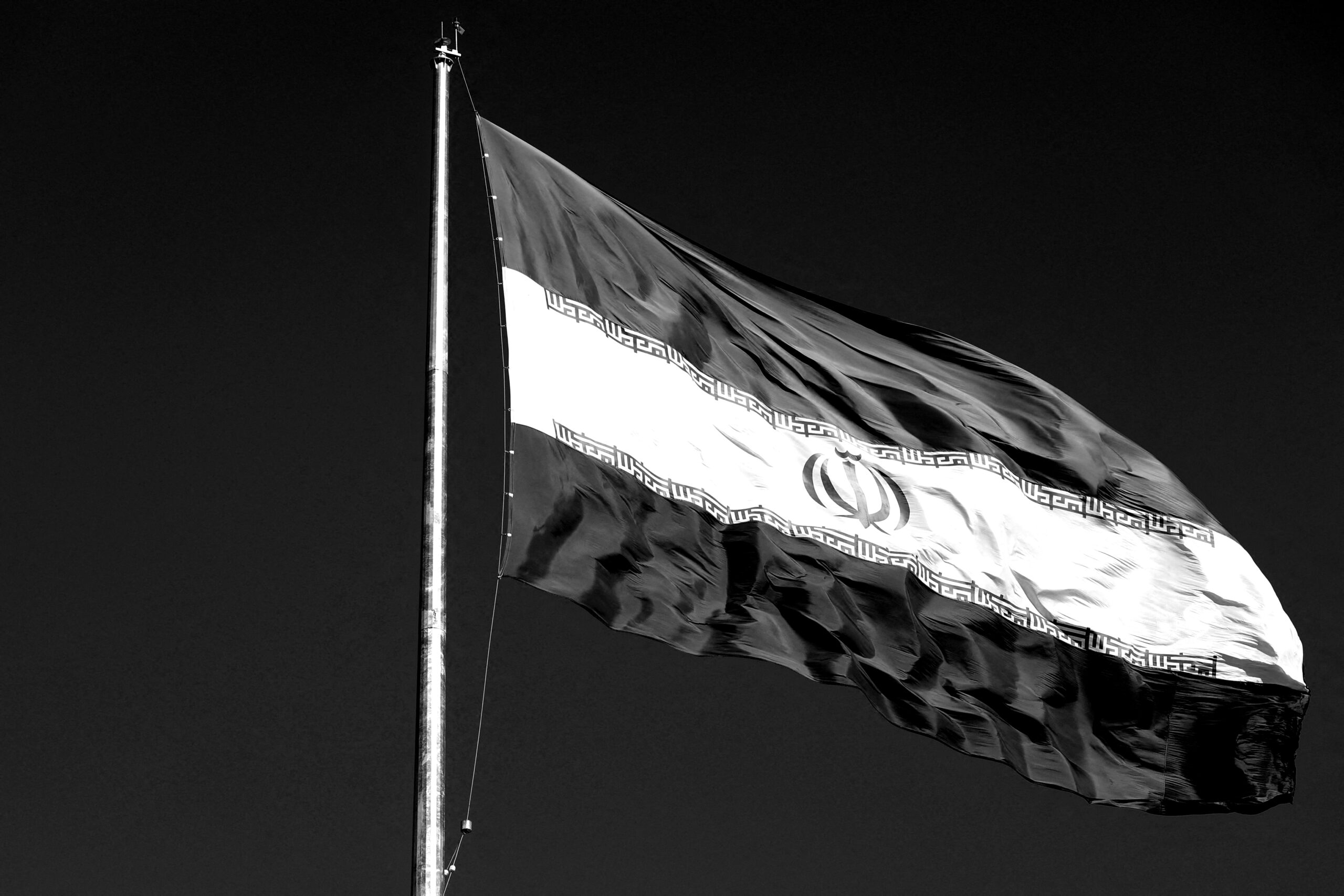On Wednesday, both Britain and Egypt instructed their airlines to steer clear of Iranian and Lebanese airspace due to increasing concerns about a potential wider conflict in the region following the deaths of senior Hamas and Hezbollah members. Britain issued its warning for Lebanese airspace shortly after Egypt’s directive for its airlines to avoid Iranian airspace from early Thursday morning for a three-hour period.
In response, many international airlines are adjusting their routes to avoid Iranian and Lebanese airspace and are suspending flights to Israel and Lebanon. The issue of flying through conflict zones gained prominence a decade ago after Malaysia Airlines Flight MH17 was shot down over Ukraine, killing all 298 passengers and crew.
United Airlines, which had suspended its Tel Aviv flights on July 31 due to security concerns, has maintained the suspension, stating it will continue to monitor the situation closely to ensure the safety of its passengers and crew. Similarly, Delta Air Lines has halted flights between New York and Tel Aviv through August 31.
British airlines are currently not operating flights to Lebanon, as tracked by Flightradar24. Singapore Airlines stopped using Iranian airspace last Friday, opting for alternative routes to prioritize safety. Egyptian airlines were already avoiding Iranian airspace, but a new directive applies to all Egyptian carriers, including charter and smaller airlines, according to Mark Zee, founder of OPSGROUP, an organization that provides flight-risk information.
The NOTAM (Notice to Airmen) issued by Egypt stated that flights should avoid Tehran’s airspace from 0100 to 0400 GMT on Thursday. The directive was issued following a notification from Iranian authorities about military exercises taking place in Iranian airspace on August 7 and 8, which prompted Egypt’s civil aviation ministry to act to mitigate flight safety risks.
Source: Reuters





